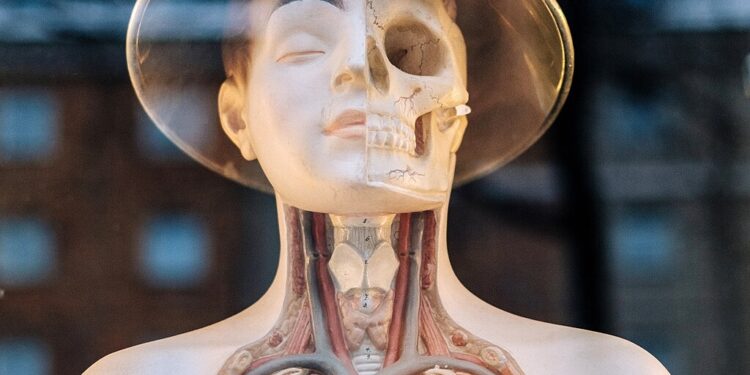Bladder Trouble May Indicate Serious Health Risks
A new study has revealed that women dealing with urinary incontinence may face an increased risk of cardiovascular problems. This condition, which affects a significant number of women, has been linked to greater chances of having risk factors such as type 2 diabetes, high cholesterol, and past incidents like strokes or heart surgeries. Researchers believe this connection warrants more attention, especially in healthcare settings where early detection could help prevent more serious complications.
The study analyzed medical data from over 20,000 women treated within the Hartford Healthcare system between July 2022 and June 2024. Of these, more than 5% reported experiencing urinary incontinence. Findings showed that women with this condition were significantly more likely to have type 2 diabetes and high cholesterol. Even more concerning was the increased likelihood of past strokes and the need for procedures like coronary artery bypass surgery among these women.
While it’s been suggested that bladder issues might discourage physical activity—potentially contributing to heart disease—the study did not find a direct correlation between incontinence and lower activity levels. This indicates that other physiological or psychological factors might influence the relationship between incontinence and cardiovascular health.
Researchers recommend that doctors consider regular screening for urinary incontinence in women, especially those with known heart disease risks. Conversely, they also suggest screening for heart-related risks in women reporting bladder issues. This dual approach could be key in reducing long-term health consequences for many patients.
The research team emphasized the need for further investigation to better understand why this link exists. Future studies could focus on exploring the roles of stress, anxiety, and fitness levels to uncover underlying mechanisms. Insights from such research could lead to more effective interventions aimed at improving both heart and bladder health in women.

































Discussion about this post